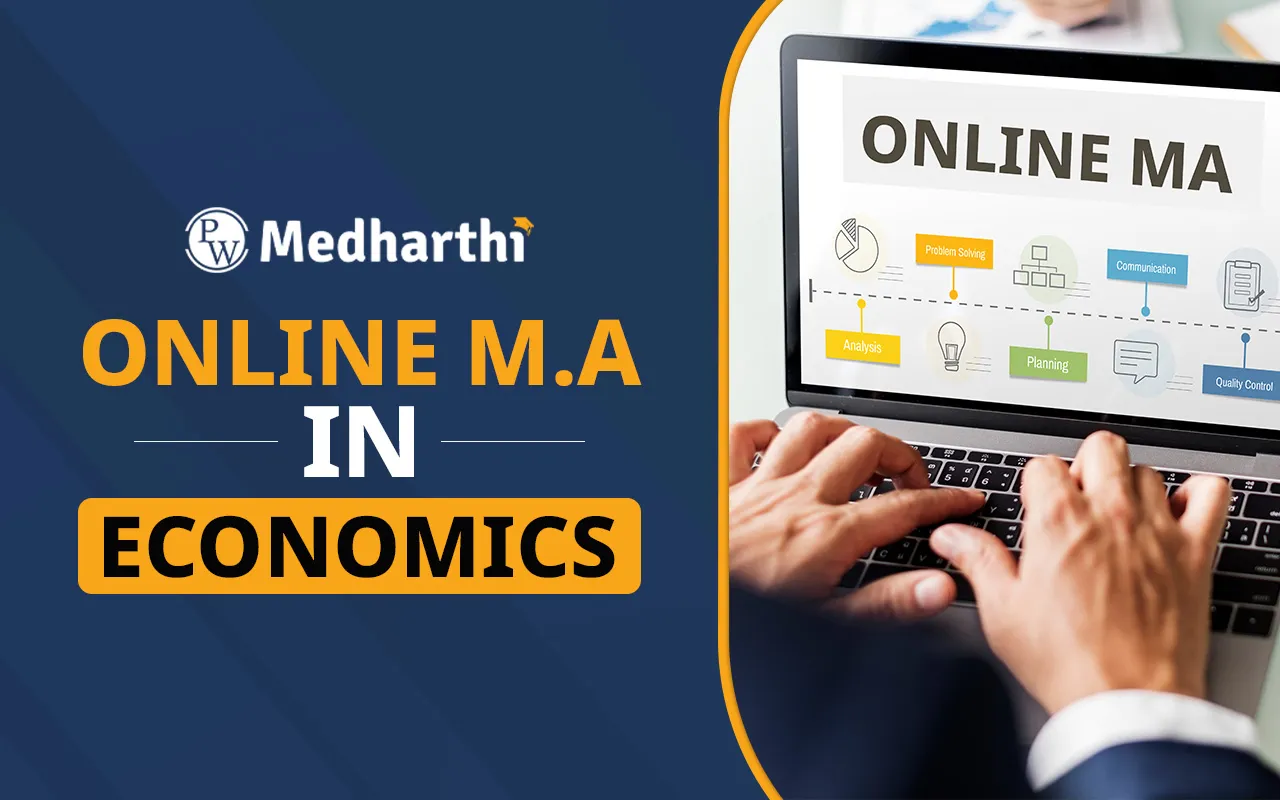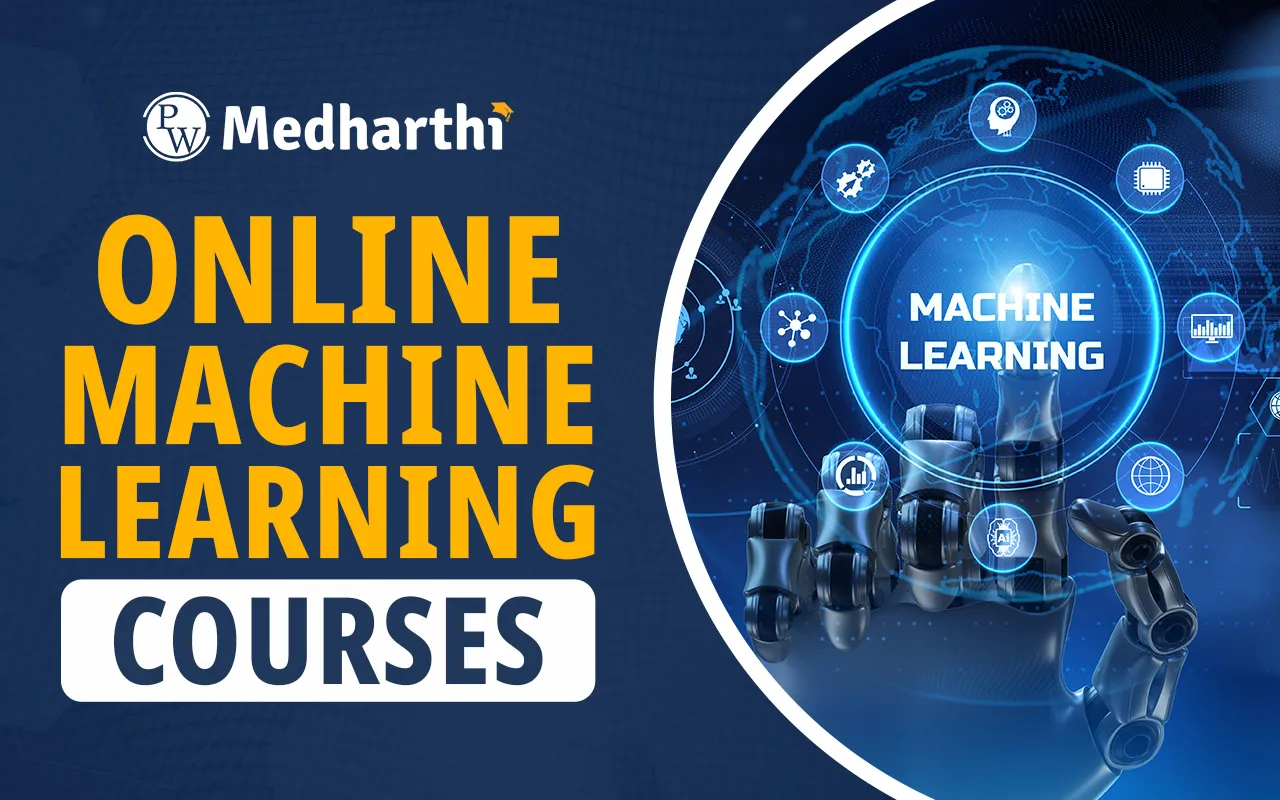
In today's dynamic and evolving global economy, continuous learning is not just a recommendation, it has become a necessity. One of the most accessible pathways for career-focused individuals to enhance their skills is through online professional courses. These educational programs are designed to equip learners with industry-relevant knowledge and competencies without the constraints of traditional classroom settings. Explored here is in detail what are online professional courses are, their types, structures, benefits, challenges, and how they are shaping the landscape of lifelong learning and workforce development.
Defining What Are Online Professional Courses
To begin with, a clear understanding, what are online professional courses can be defined as structured learning programs delivered via the internet, focusing on specific occupational skills or professional development areas. These courses are typically created in partnership with educational institutions, industry bodies, or corporate entities, and are aimed at learners who are either entering the workforce, seeking upskilling opportunities, or planning a career transition.
Unlike general academic courses, online professional courses emphasize practical application, real-world scenarios, and current industry standards. They may result in certifications, continuing education credits, or recognized credentials that can be added to a professional portfolio.
Types of Online Professional Courses
The scope of online professional education is vast and caters to diverse needs. Understanding what are online professional courses requires a look into the different types available across disciplines and career stages. The following table provides a detailed classification:
|
Types of Online Professional Courses |
||
|
Category |
Description |
Typical Duration |
|
Skill-Based Courses |
Focus on specific skills such as coding, digital marketing, or project management. |
2 weeks to 6 months |
|
Certification Programs |
Offer recognized credentials in fields like cybersecurity, data analytics, etc. |
3 months to 1 year |
|
Executive Education |
Tailored for working professionals to enhance leadership and strategic skills. |
1 week to several months |
|
Micro-Credentials |
Short, stackable courses that build toward larger certifications. |
1 to 3 months |
|
Compliance Training |
Required for adhering to industry regulations and policies. |
Varies by sector |
|
Professional Licensure Prep |
Prepares learners for state or industry licensure exams. |
Depends on licensure needs |
Some Online Professional Courses
As the global workforce continues to adapt to technological advancements and shifting market demands, individuals and organizations are increasingly turning to targeted online professional courses to meet their learning and development needs. These courses, designed with a focus on practical application, offer valuable learning opportunities across a wide range of industries. To better understand how specific online professional courses support different career paths and functions, the table below presents a detailed overview of some relevant and widely applicable course offerings.
|
Some Online Professional Courses |
||||
|
Course Title |
Industry/ Application |
Key Competencies Developed |
Typical Duration |
Common Outcome |
|
Digital Marketing Fundamentals |
Marketing, E-commerce, Small Business |
SEO, SEM, social media strategy, content creation, analytics |
6 to 12 weeks |
Digital certificate; applicable marketing skills |
|
Introduction to Data Analytics |
Information Technology, Finance, Operations |
Data visualization, Excel, SQL, basic statistics |
8 to 16 weeks |
Entry-level analytics proficiency |
|
Project Management Principles |
Construction, IT, Healthcare, Corporate Services |
Budgeting, risk analysis, Agile and Waterfall methodologies |
10 to 20 weeks |
Preparation for PMP/CAPM certification |
|
Cybersecurity Essentials |
Information Technology, Government, Finance |
Threat analysis, secure networks, basic cryptography, security compliance |
3 to 6 months |
Foundation in cybersecurity; security awareness |
|
Healthcare Compliance Training |
Healthcare and Life Sciences |
Patient privacy (HIPAA), ethics, documentation standards, reporting protocols |
4 to 8 weeks |
Certificate in compliance readiness |
|
Instructional Design for Online Learning |
Education, Corporate Training |
Learning theory, curriculum planning, e-learning tools, evaluation techniques |
8 to 12 weeks |
Instructional designer skill set |
|
Financial Risk Management |
Finance, Banking, Insurance |
Market risk, credit analysis, portfolio theory, compliance regulations |
3 to 6 months |
FRM preparation or similar financial skills |
|
Occupational Health & Safety Standards |
Construction, Manufacturing, Public Services |
Workplace safety, hazard assessment, emergency preparedness |
6 to 10 weeks |
Safety compliance training |
|
Cloud Computing Basics |
IT Services, Startups, Engineering |
Cloud infrastructure (AWS, Azure, Google Cloud), virtual machines, storage solutions |
8 to 14 weeks |
Entry-level cloud practitioner knowledge |
|
Business Communication Skills |
Cross-industry |
Professional writing, presentation techniques, digital communication tools |
4 to 6 weeks |
Improved workplace communication skills |
Course Delivery In Online Professional Courses
Another essential aspect of understanding what are online professional courses involves examining the formats through which they are delivered. These courses may be offered asynchronously, where learners access pre-recorded lectures and materials at their convenience. Alternatively, they may be synchronous, involving live virtual sessions that simulate real-time classroom environments. In some cases, a hybrid format is employed, blending both live instruction and self-paced materials.
In addition to lectures and readings, many professional courses emphasize project-based assessments, case studies, and simulations. These methods allow learners to apply concepts in real-world scenarios, further strengthening the practical focus that defines online professional education.
Benefits of Online Professional Courses
The growing demand for skill-based learning, coupled with advancements in digital technology, has significantly increased the popularity of online professional education. As professionals seek flexible and practical ways to enhance their careers, online courses have emerged as a viable solution, offering structured learning tailored to evolving industry needs and global accessibility.
-
Accessibility: Learners can study from anywhere, reducing geographical barriers.
-
Flexibility: Courses are designed to accommodate work and family commitments.
-
Relevance: Content is updated to reflect current industry practices and technologies.
-
Scalability: Suitable for individuals, small teams, or large enterprises.
-
Credentialing: Many courses offer digital badges or certificates that can be shared on professional networks.
Challenges and Considerations in Online Professional Courses
While online professional courses offer flexibility and accessibility, they also present several challenges that learners must navigate. Factors such as maintaining motivation, ensuring reliable technology access, evaluating the credibility of credentials, and assessing the quality of course content are critical considerations when pursuing education in a virtual, self-directed environment.
-
Motivation and Self-Discipline: Online learning requires a high degree of autonomy.
-
Technology Access: Not all learners have equal access to devices and high-speed internet.
-
Credential Recognition: The value of certifications may vary by employer and region.
-
Quality Assurance: Course quality can differ significantly between providers.
Applications Across Sectors of Online Professional Courses
Online professional courses are utilized in virtually every sector of the economy. In healthcare, they support continuing education for medical professionals and compliance with regulations. In technology fields, such as software engineering and cybersecurity, they offer constant upskilling opportunities as new tools and frameworks emerge. In education, teachers participate in professional development courses on pedagogy and curriculum innovation.
Finance professionals may enroll in courses on regulatory compliance or risk management, while those in construction or manufacturing benefit from safety certifications and project management training. The following table outlines a few sector-specific applications:
|
Applications Across Sectors of Online Professional Courses |
|
|
Industry |
Common Online Professional Course Focus Areas |
|
Healthcare |
Medical coding, ethics, and patient care compliance |
|
Information Technology |
Cloud services, programming languages, and cybersecurity protocols |
|
Education |
Instructional design, inclusive education practices, and digital classroom tools |
|
Finance |
Financial planning, anti-money laundering laws, and investment analysis |
|
Construction |
Site safety management, blueprint reading, and procurement planning |
| Online Degree Important Links | |
| Online MCA Programs in India | Online BCom Course |
| Online MCA Course | Online Degree Programs |
| Regular Degree Vs Distance Degree | Online BA Course |
What Are Online Professional Courses FAQs
What are online professional courses?
Who can enroll in online professional courses?
Do online professional courses offer recognized certifications?
How long does it take to complete an online professional course?
Are online professional courses as effective as in-person training?










